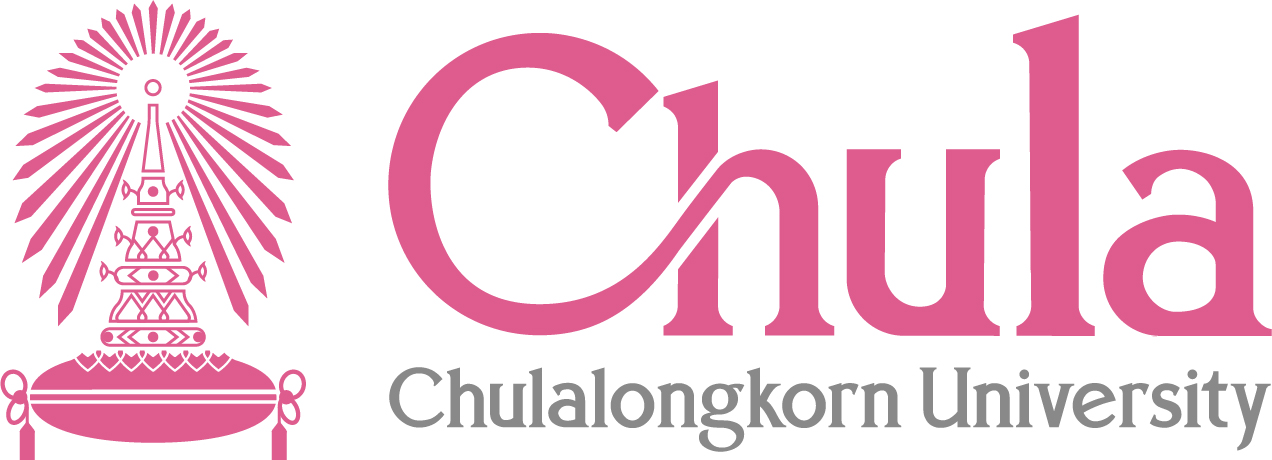Newswise — Chula’s Faculty of Arts invites Spanish language and culture aficionados for practical use in daily life with the first course in Thailand, “Spanish with Beauty Queens” which will take students into the world of women and beauty culture, as well as all facets of the world political economy on a beauty pageant stage by an experienced lecturer.
The Academic Services Center, Faculty of Arts, together with the Spanish Section, Department of Western Languages, are offering a “Spanish with Beauty Queens” online course by Ajarn Thong – Thitiphong Duangkong, renowned scholar on women studies and Latin America, as well as beauty pageant expert. He also served as part of the preparation team for Amanda Obdam’s journey to the Miss Universe pageant, and commentator for the latest Miss Universe pageant.

Ajarn Thong – Thitiphong Duangkong
This is a Spanish language course with an exciting topic, so there was such an overwhelming number of interested applicants that registration had to close in a short time after opening and the 30-seats target was filled in no time. The course started in early July.
“This class is open to interested people from various backgrounds, from the youngest at 15 years old to students and working people. Some have a background in Spanish, while some have none, but in just one month, people who didn’t have any previous background can communicate and make a great self-introduction video like they’ve been studying for a long time,” said Ajarn Thong on how this unique class came to be.
Why “Spanish with Beauty Queens”?
Spanish language courses are available elsewhere, but here we learn differently. This course is designed as Affective Learning to motivate students, and it is considered a new form of language learning that uses theme-based topics, in this case, “beauty pageant culture” as the main topic of learning.
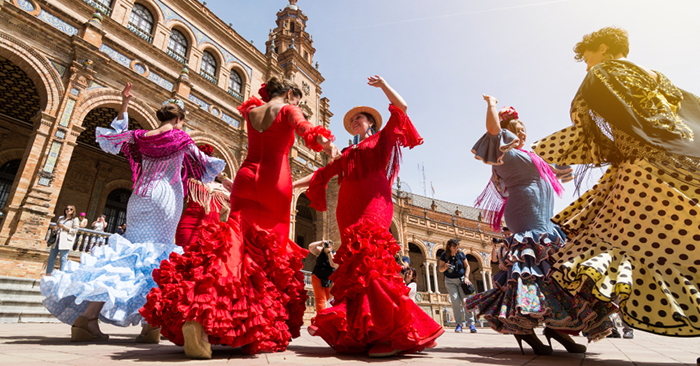
We want to differentiate ourselves from other institutions, and because beauty pageant culture is especially popular in South and Central American countries. By connecting the beauty pageant stage with social issues, and political events in different countries, the current social movement and may be considered part of the change on the world stage can be reflected. So, we chose a beauty pageant as a theme for learning along with the Spanish language.
Looking back to the past before there was the United States, Spanish colonies, mainly in North and South Americas, and the West Indies such as Cuba, were so enamored with beauty queens that they became inseparable. This soft power or cultural power instead of the traditional rule was inherited during the United States’ rise to world dominance in cultural imperialism in Latin America, the Philippines, Vietnam, and Thailand at one time. “American style” became a hit among the mass. American shows, including beauty pageants, were broadcast to various media and became a fad.
The connotation of the pageants reaches far beyond just beauty contests
From colonial culture and world powers, today’s beauty pageants stage has become an opportunity for representatives of oppressed nations to express their desire for gender rights and freedom; to voice their frustration about class inequality in their own country on a public stage that people around the world are watching, and to show their pride of regional identity that they can’t find this opportunity in their own country. Therefore, the cultural politics aspect of the contests is more prominent than the image of the women representing each country.
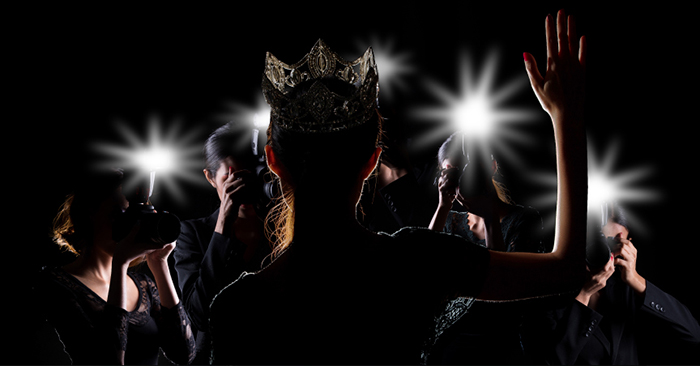
However, the beauty pageant stage is also a lifetime opportunity for many women, especially those from Latin America and some Asian countries such as the Philippines, in which competition is intense. Apart from large cash prizes for the winner, it also means a once-in-a-lifetime chance to increase their wealth, a better career, fame, as well as social mobility.
Feminism, nationalism, and national pride
The winners of beauty pageants in former Spanish colonies are honored like national heroines. They are treated at the same level as the country’s dignitaries. The image of beauty queens has a connotation of “nationalism” representing the dignity and pride of the country’s population. In this regard, a beauty pageant stage is no longer a personal matter, but a crucial battlefield for the whole nation.
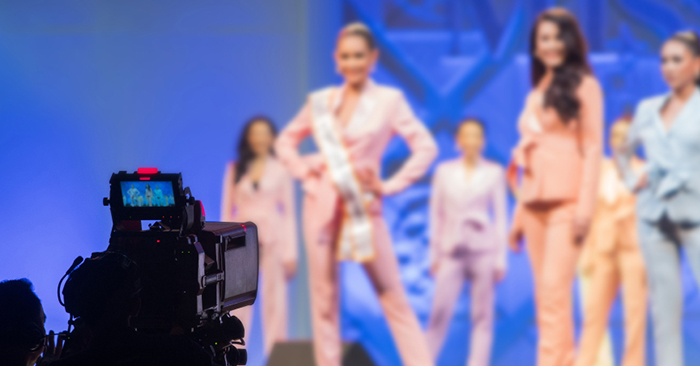
In addition, as representatives of the female gender, the contestants also have to perform another important role: being a voice for women who are often “second-class citizens” both domestically and in the world outside of their homes. As a result, the response to beauty pageants is always enthusiastic in Latin American societies or wherever the majority of citizens are not benefiting from the country’s prosperity.
A new horizon of Spanish language education
The rich content combined with fun teaching means that many students get to their online classes early, and refuse to quit even when it’s lunchtime, as reflected in the comments from some students, such as,
“I really love this class. It is integrated learning through my own passion, and inspiration, allowing me to learn faster, have fun, and want to improve while gaining new knowledge on politics and history.”
“I’ve learned Spanish before, but this course has the contents that no other institution offers. I have learned both language skills and knowledge of the social history of beauty queens.”
“I never wanted to learn Spanish, but the course content, such as feminism, and valuing femininity is interesting”
“I’m interested in socio-cultural issues in Thailand and Latin America. I like the lessons that the teacher prepared for every class. It’s fun to learn and easy to digest. It can be applied.”
“For those who have never studied Spanish before, this course is a free space that is the starting point for learning Spanish. It is free of all fears, and worries. Students can learn without being embarrassed, or afraid of making mistakes. You can erase the memory of the old language learning process.”
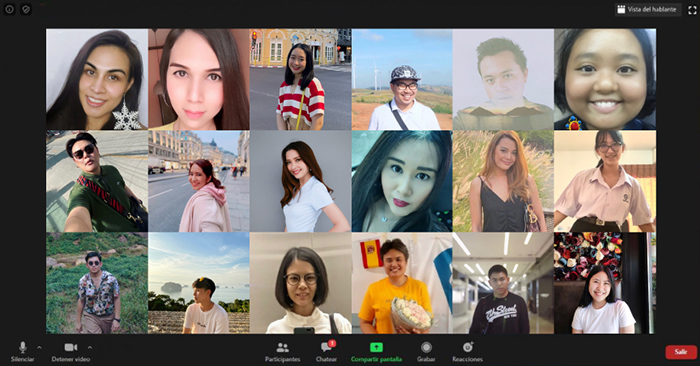
The feedback from the students convinced Ajarn Tong that the Spanish with Beauty Queens course will have a sequel. It will also be supplemented with other activities, such as academic talks via Zoom on interesting topics such as “A Perspective on Latin American Women in the Media to a New Horizon of Spanish Language Learning” to be held on July 31st.
